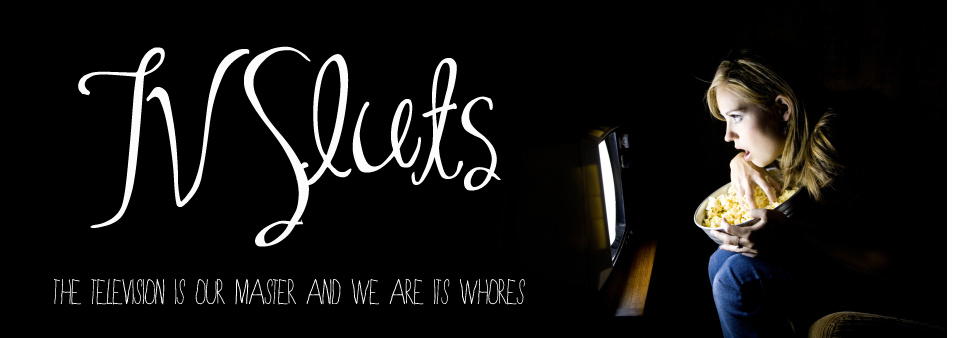Anyone who’s ever marathoned a new television show over a weekend, say while stuck in one’s apartment during an east coast blizzard that may or may not rhyme with “flomageddon”, knows that the lines between “episode” and “installment” can get pretty blurry. Having personally watched all of The Wire in such a fashion, I can recall everything that happened, but I can’t rightfully tell you which season it occurred in. You lose your sense of time, kind of like how taking a subway in a new city gives you absolutely no idea how big the place is or far away any particular landmark is from another one. So the argument that fitting everything into one bigger narrative can actually harm a show does potentially have some merit.
The most dreaded word known to TV-watching man?
This passage, in particular, I think summarizes how problematic the divide is between deciding between long-form and short-form storytelling on television:
Then there are shows that adhere to the USA network’s model of modern-day television “mythology.” These portray themselves as having a larger mystery at play, but really are procedurals covered in breadcrumbs. Shows like Burn Notice popularized this model, which soon spread to other USA shows and to other networks as well. The model: Any particular episode will have roughly 90 percent self-contained story. This works well and counters the trends listed above. But for some reason, these shows also feel the need to have a larger, ongoing story that serves as the spine for a season. Whether it’s Michael Westen seeking out those who burned him in Miami, Nick Burkhardt discovering his past on Grimm, or Rebecca Madsen investigating the reappearance of criminals on Alcatraz, these shows feature long-running arcs that usually harm, not help, their sturdy-if-bland lather/rinse/repeat episode structure. Rather than having the two dovetail, they often work against each other, producing uncomfortable friction as both sides seek to establish the same space.
For me, I rather like the serialized format. I would rather watch one 10-episode long season of a show that I liked where a full plot was promoted, engrossed and dealt with than a 22-episode long season where we just got a lot of filler. That said, my only addendum to this article is that I think the question of how serialized a show should be should depend largely on the kind of show it is. Serialized television works when there’s a big mystery or big issue to be developed and discovered. Sitcoms just don’t need that kind of grand scope. No one really needs to know the back story to understand that Ross and Rachel kind of have a thing for each other and are totally an OTP for suburban America.
In other words, the finale of The Sopranos may have instructed us to “don’t stop believing”, but the lesson may be that, for some shows, such belief should really only be ongoing for no more than three episodes at a time. Otherwise, you run the risk of just ending up with a mess on your hands.







